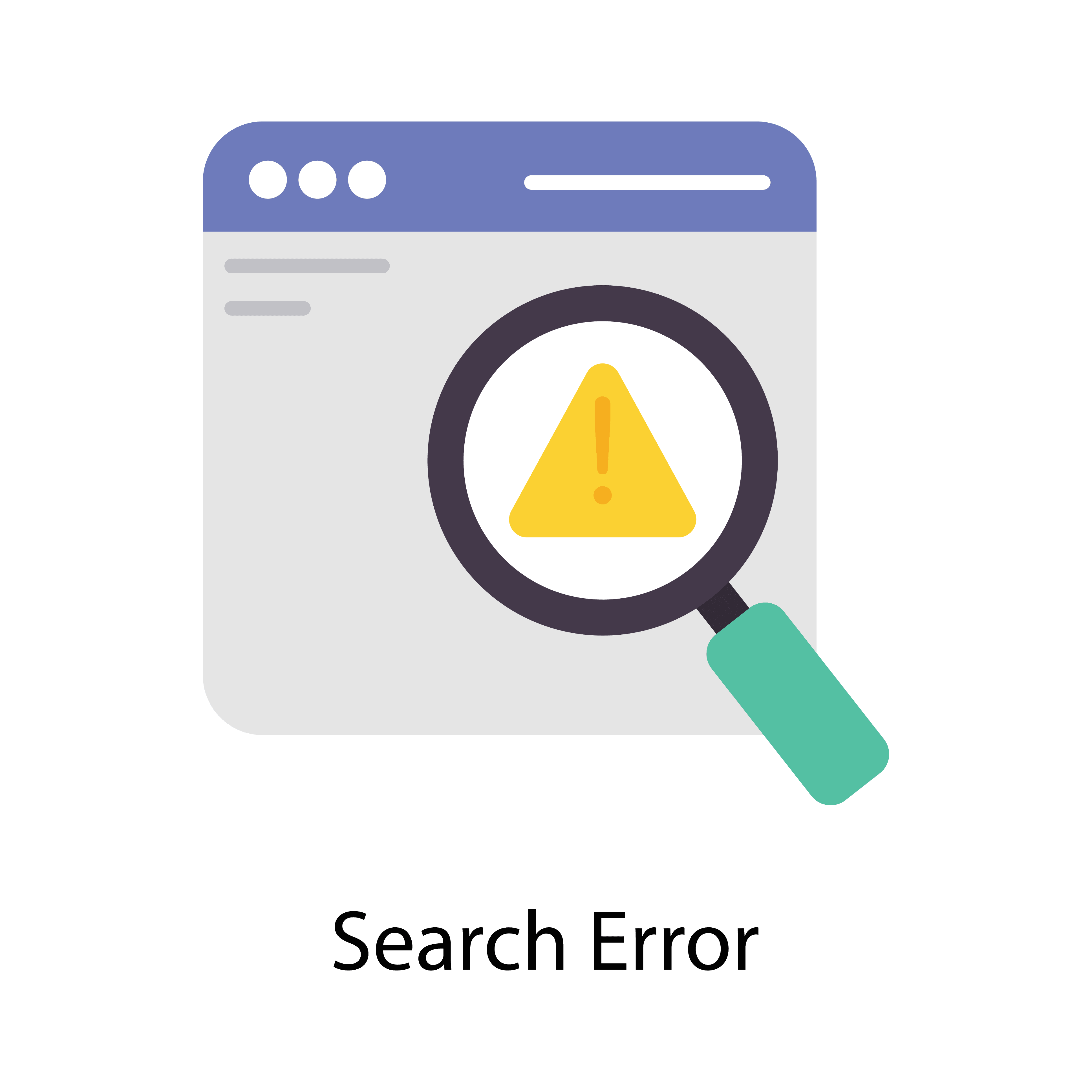Why You Need Reputation Management for Restaurants Now

Want a tip? Reputation management for restaurants is your best defense against bad online reviews, bar none. Learn more by calling 941-259-4554 today!
Reputation management for restaurants is more important now than perhaps any other time in our history. Restaurants across the country seek to bounce back from a year or longer of limited operation. If they were able to remain open at all.
It is essential for you to make every possible attempt to build and keep a golden reputation in your community. Unfortunately, it isn’t always easy to know what steps to take. In some cases, you may not even understand why reputation management is so important.
This guide will explain why reputation management for restaurants is so important. Plus, it will tell you things you can do to boost your reputation. Finally, it will explore your options for help managing your restaurant’s reputation. Here’s what you need to know.
What is Reputation Management for Restaurants?
The internet has created a brave new world for advertising, sharing information, and for consumers to seek social proof that a restaurant is good. Sometimes people have bad experiences. Or, they were in a bad mood and one small thing sparked a chain of events that resulted in a bad experience in your restaurant.
So, that one person takes to social media to post their displeasure. Once a negative review appears, anyone else who has had a bad experience adds theirs to the pile. It doesn’t take long for your reputation to suffer greatly.
Why is that?
People read these reviews and they put a great deal of trust in them. In fact, Inc.com reports that 84 percent of people trust online reviews as much as they trust reviews from friends.
Fortunately, you can do a lot to shift the narrative and turn negative reviews into opportunities for your business. It does require an effective reputation management for restaurants strategy, though.
Why is Reputation Management for Restaurants so Important?
Benjamin Franklin once said, “It takes many good deeds to build a good reputation, but only one bad one to lose it.” Unfortunately, it sometimes only takes the allegation of bad deeds to cost a restaurant its reputation.
The truth is that negative reviews online have a much more damaging effect on your business than you realize. How your respond to these reviews, though, can change the story for your restaurant.
A bad reputation for restaurants means that customers will choose other restaurants instead of yours. It means you’ll lose money. It also means you’ll have difficulty attracted talented staff to your restaurant. No one wants to work at a restaurant that has a bad reputation. Or one that is losing business. Especially people who rely on tips for large portions of their income.
Finally, a bad reputation can build your brand in a way you do not want. That is why reputation management for restaurants is so important. It is also why you can never start working on managing your restaurant’s reputation too soon.
Steps You Can Take to Manage Your Restaurant’s Reputation
Reputation management for restaurants is about much more than controlling the negative information about your restaurant. It’s also about taking over the conversation. Making it one that shines a positive light on your restaurant.
Take the steps below to transform the conversation about your restaurant. These steps will help you do the following:
- Build your brand better.
- Adjust how people view your restaurant.
- Improve your search engine rankings. This creates more web traffic.
- Show the world that you care about your reputation.
- Build goodwill with those who have complained in the past.
It is quite a list of accomplishments. One that will take some time and effort to achieve. But DIY reputation management is a goal that is well worth your hard work to accomplish.
Start With What Happens Inside Your Restaurant
If your goal is to build a positive reputation for your restaurant, the place to begin is inside your restaurant. If there are negative reviews about your restaurant, use them to learn. They may be about any of the following:
- Slow service.
- Poor food quality.
- Inconsistent food quality.
- Rude staff.
The important thing is to make changes within your restaurant that address these problems. So that future customers don’t experience the same negative experiences.
There are many potential fixes for these types of problems. You may need to change your management. You may need to hire additional staff. You may need to get rid of existing staff that isn’t performing to your standards. You may even need to come in and do the cooking yourself until everyone is properly trained.
You must begin by turning things around inside your restaurant. Otherwise, no amount of reputation management for restaurants in the world will solve your problem.
Create a Google My Business Listing
The first thing you want to do as you begin to manage your reputation is to create a Google My Business account for your restaurant. This will ensure that when people do mobile searches for restaurants your restaurant is listed.
Once you verify that your restaurant is listed, you need to claim the listing as your own. This is a multi-step process that involves filling in pertinent data, adding attractive food photos, and soliciting positive reviews from satisfied customers.
You always want to encourage satisfied customers to give you positive reviews. It helps you grow your business reputation and costs you nothing more than outstanding food and service. Something most restaurants strive to deliver every day.
Monitor and Respond (Appropriately) to Online Reviews
Some people view managing online reviews as the key ingredient for reputation management for restaurants. While it is an important step, it is only a small piece of a much larger pie. It is, however, something you need to invest quite a bit of time and energy in doing.
You need to know what people are saying about your restaurant on social media. It’s as simple as that. You need to read the reviews. Even if the reviews are a bit painful to read.
You can learn a lot from reading reviews. Not just what you’re doing wrong in the eyes of customers. You can also learn what you’re doing right. This helps you make decisions about your restaurant moving forward.
You also need to respond to these reviews. Reading them alone isn’t enough to help you manage your reputation. You also need to make appropriate responses to the messages people share.
Start by thanking people who leave positive reviews and inviting them to come back. When it comes to negative reviews, it is important to attempt to reach out and resolve the issue.
How you respond to the reviews, good and bad, about your restaurant, tells people a lot. If you respond appropriately and attempt to make things right, they’ll notice. Many of them will view this favorably and give your restaurant a try despite some negative reviews that exist.
Build an Engaging Website and Invest in SEO
The other thing you need to do is to build a website for your restaurant. Then you need to provide it with a steady stream of updated information, in the form of a blog. This gives Google and other search engines plenty of information related to your restaurant to place at the top of the listings and pushes negative reviews lower in the search engine results.
The average viewer only looks one page deep into search engine results. This means that you get to control the information most people see. At least, if you create an engaging website that attracts readers and provides regular updates.
The other side of that is that you must invest in SEO (search engine optimization) for your website. This is a must if you wish to make sure your website is the first thing people see when they search for the name.
Become an Active Social Media Presence
Social media is where it’s at! It is the single largest tool you have at your disposal to send out messages to your audience and potential customers quickly. Use it well. Use it often. Great ideas for restaurants to post frequently on social media include the following:
- Daily meal specials.
- Soups of the day.
- Restaurant milestones.
- Employee highlights.
- Employee milestones (graduations, weddings, babies, etc.).
- New menu items.
You can even conduct surveys to ask customers questions about the menu, uniforms, and wine pairings, and countless other questions. After all, social media is about engaging and connecting with your audience.
Don’t forget to respond to criticism in a positive manner. Even when it is sent via social media. An appropriate and positive response says far more about you as a business than a single complaint or bad experience.
When to Get Help for Your Reputation Management Needs
Reputation management for restaurants is a time-consuming process. You know by now, that so is running a successful restaurant. That is why it might be better to bring in professionals to do the heavy lifting for your reputation management needs. The best time to begin is before you’re dealing with a bad reputation.
Contact us today by visiting our website or calling 941-259-4554 to learn how we can help you with all your reputation management for restaurants needs.



